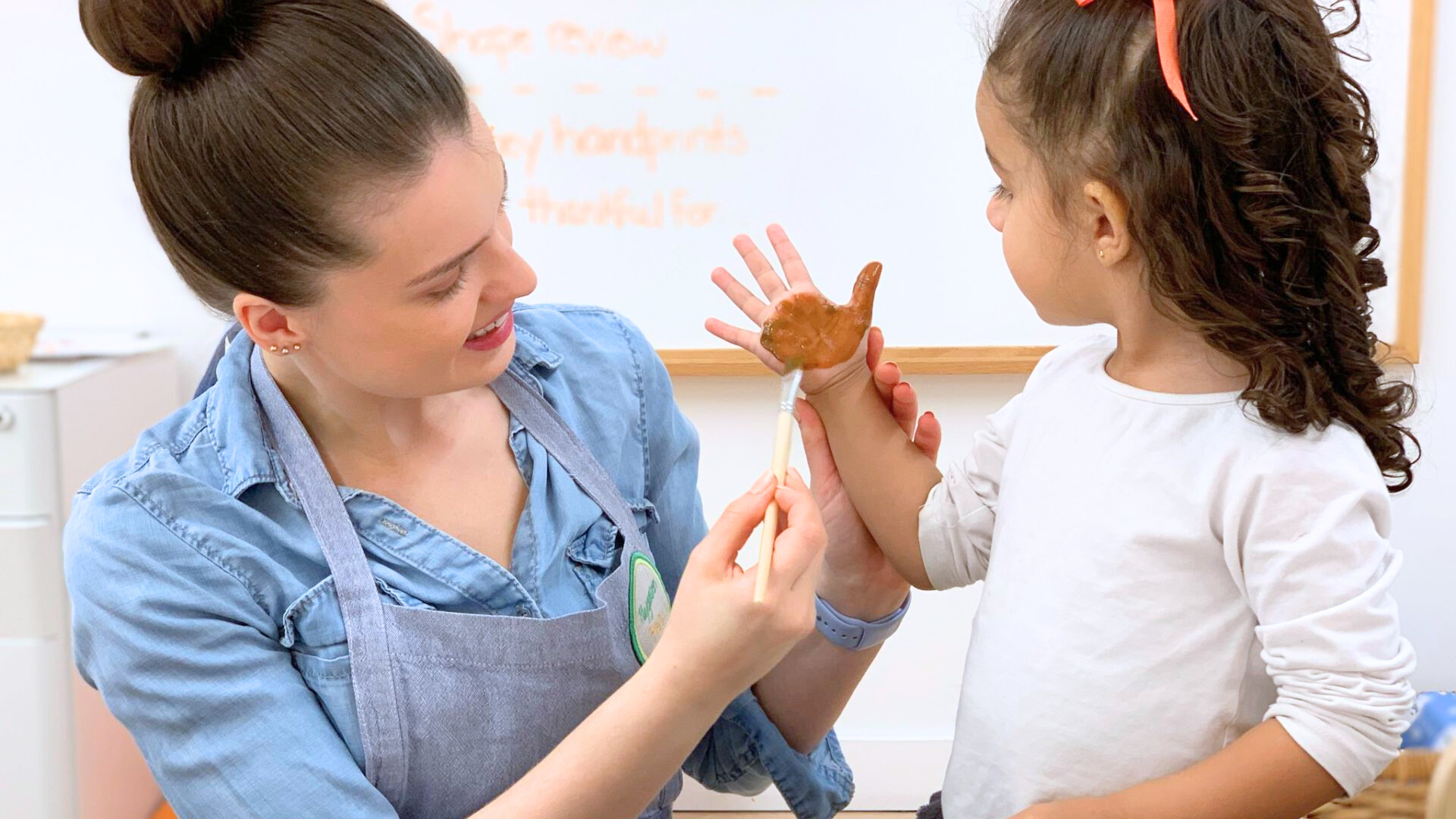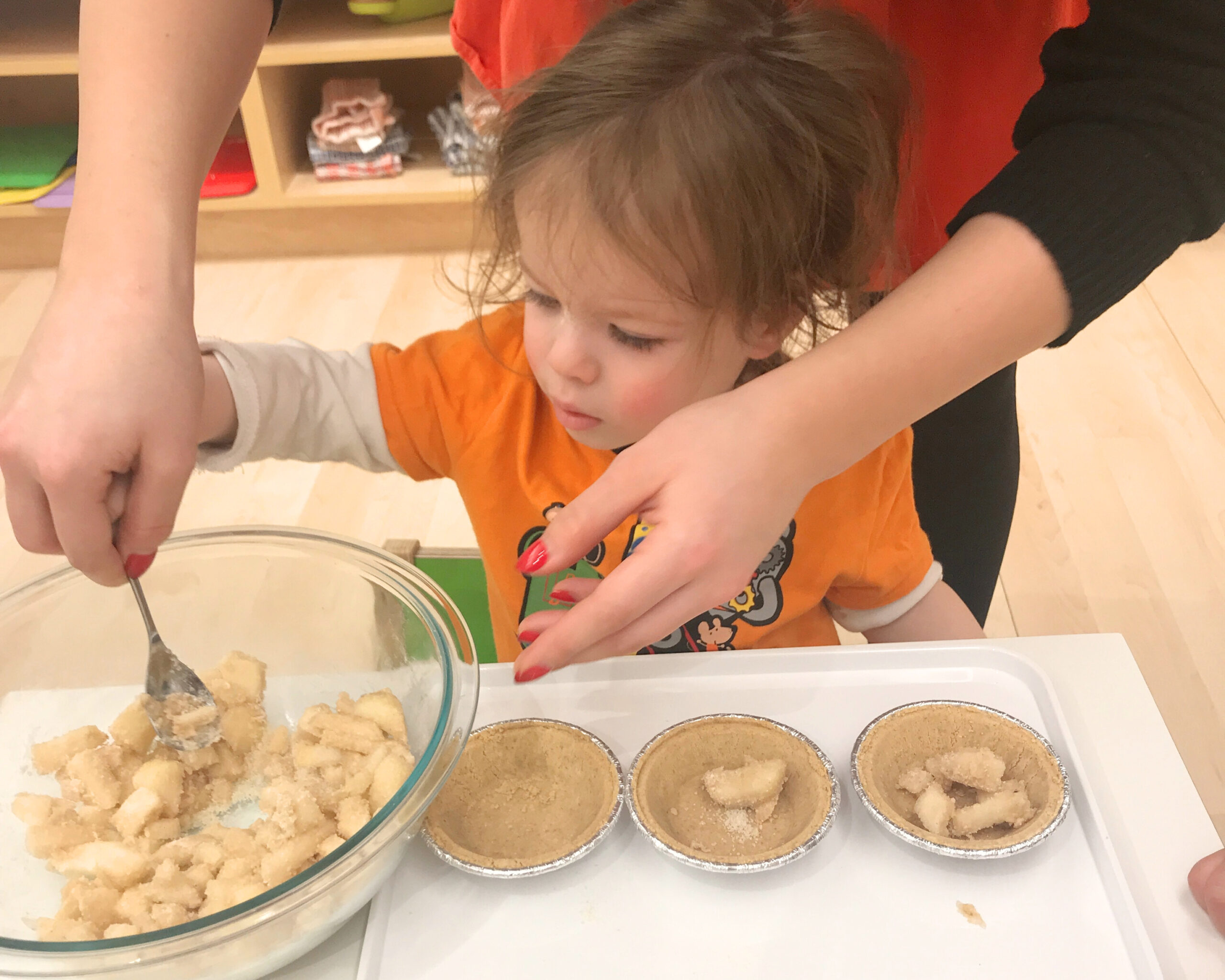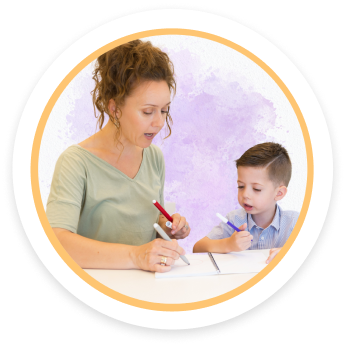When raising young children, it’s easy to focus on traditional academics in their early childhood education — but their moral and ethical development shouldn’t be overlooked! Children learn most of their moral mannerisms from an early age. This is the period in which the frontal lobe of their brains, responsible for ‘higher level’ thinking, is still developing and most easily influenced. A child who lacks positive moral and ethical guidance growing up will have a harder time learning these lessons later in life. Moral development happens both at home and in the classroom, therefore, we have some parenting tips to help your children develop into highly ethical people.
How To Encourage Moral Development During Early Childhood Education:
- Be a Role Model
One of the most important parenting tips we can share: your child will learn most of their mannerisms from you, and they learn from every interaction they see of you with other people. Consider your behavior whenever you’re with them in social situations and try to make examples for the person that you want your child to grow up to be.
- Encourage Politeness
Before your child can even verbalize, you should be setting examples for polite behavior. However, it’s important to emphasize why politeness matters. This isn’t simply a matter of saying ‘please’ and ‘thank you’ and such for the sake of formalities. Our second parenting tip is to teach your child how politeness can define social relationships, protect the feelings of others, and encourage positive interactions!
- Read With Your Child – And be Thoughtful
There are few better parent-child bonding activities than reading with them! It’s a great way to form positive memories and emotional connections. To add more to your literary experience, try engaging them in the story. Pause to ask your child questions about the behavior of the characters in the story, particularly when they do something that’s morally or ethically questionable. Encourage them to recognize various behaviors they see and dissect each scenario with them.
- Give Them Opportunities to Practice
And for our final parenting tip: morality and ethics shouldn’t be abstract concepts — look for opportunities to make them practical lessons.This could be as simple as letting your child take the lead when making day to day decisions. For example, if you were to find a lost toy at the park, ask your child what they would do with it before proceeding. Embrace these ethical learning opportunities as they come!
Playgarden Prep Offers Early Childhood Education Opportunities
Playgarden Prep offers outstanding virtual and in-person early childhood education to the NYC neighborhoods of Tribeca and the Upper East Side. Click here to learn more!




